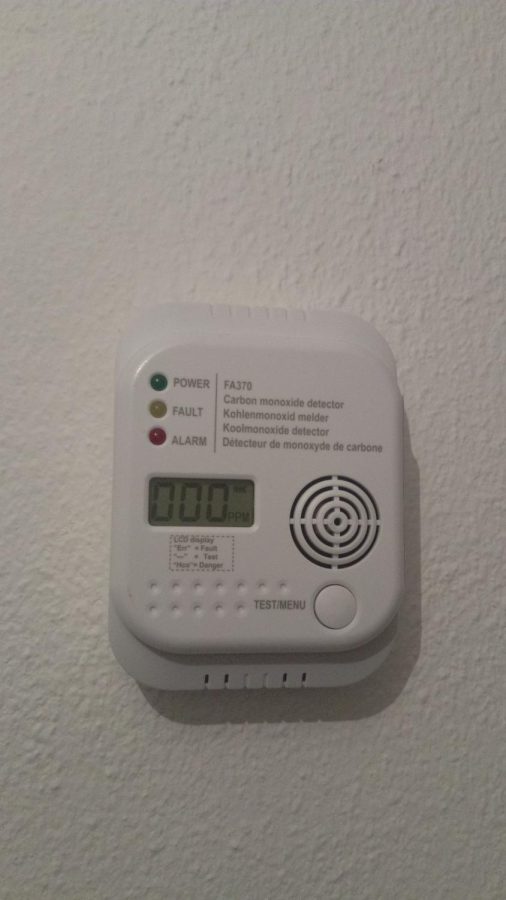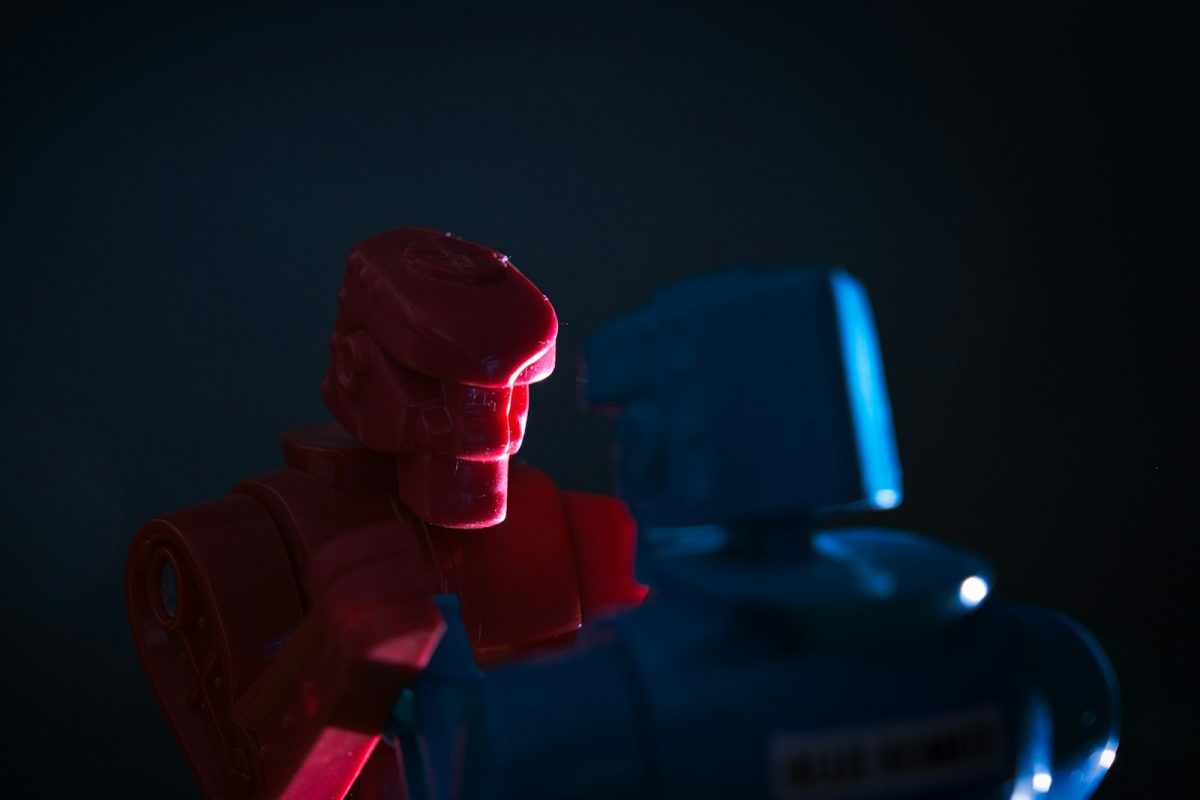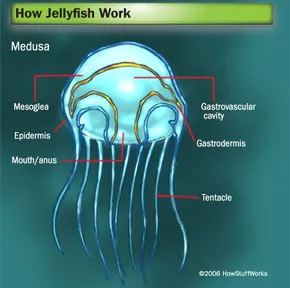How Carbon Monoxide Affects The Human Mind And Body
What carbon monoxide does to you.
Carbon monoxide (CO) is a very hard-to-detect, poisonous gas. It is created when things are burned. The primary contributors to CO in the atmosphere are vehicles and machinery that burn fossil fuels. CO is very bad for the human body, as it displaces oxygen in the blood and deprives the heart, brain, and other vital organs of oxygen. Within minutes you can lose consciousness and suffocate if you breathe in large amounts of CO.
Symptoms of carbon monoxide poisoning include a feeling of tightness in the chest, headache, nausea, dizziness, fatigue, and sleepiness. Sometimes, CO can also cause you to forget things or be confused. Some people are more at risk for CO poisoning, including those who have jobs working at places where things are often burned. These jobs include mechanics, firefighters, people who operate engines and machinery, and more. Young people, the elderly, and people with heart and lung disease are also at a higher risk for CO poisoning.
Since CO is hard to detect due to the fact that it is an invisible, odorless, and tasteless gas, it can be difficult to know if you’ve been exposed to it. So what are some ways to know if you’ve been affected by carbon monoxide poisoning? Well, knowing and taking into account the symptoms of CO poisoning is one way to know if you’ve been exposed to carbon monoxide. Another way is to install carbon monoxide alarms in your home and workplace. Carbon monoxide alarms can tell you when there are unusual and dangerous levels of carbon monoxide in the space they are placed in. There should be at least one carbon monoxide alarm on each floor of your home, including your basement. However, carbon monoxide alarms won’t work if you don’t maintain them. You should replace the batteries every few months to one year, as well as replace your carbon monoxide alarm every several years. Carbon monoxide poisoning can kill you very quickly, so always be safe and aware that you aren’t being exposed to it too much.
RELATED STORIES:
- https://www.osha.gov/sites/default/files/publications/carbonmonoxide-factsheet.pdf
- https://www.lung.org/clean-air/at-home/indoor-air-pollutants/carbon-monoxide
- https://www.nhs.uk/conditions/carbon-monoxide-poisoning/
- https://www.epa.gov/co-pollution/basic-information-about-carbon-monoxide-co-outdoor-air-pollution
- https://www.cdc.gov/dotw/carbonmonoxide/index.html#:~:text=The%20most%20common%20symptoms%20of,your%20household%20from%20CO%20poisoning.
TAKE ACTION:















